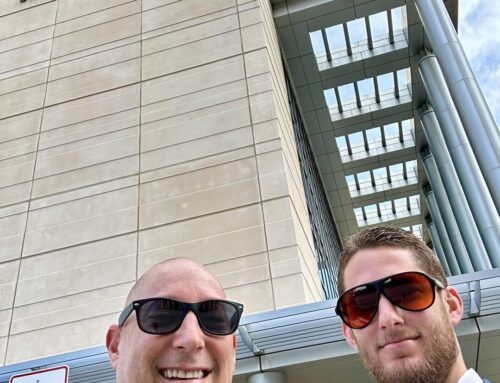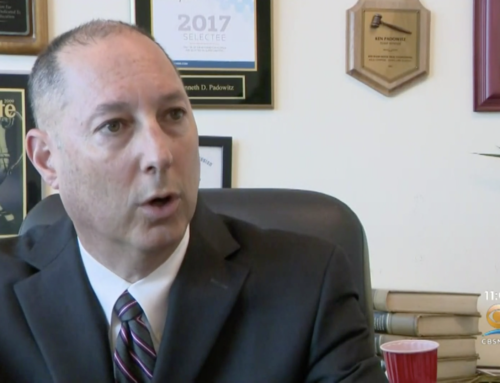“The children of Stoneman Douglas High School and this community have suffered one of the most horrific tragedies at the hands of this guilty individual,” Padowitz said. “The tragedy would be further compounded if the death penalty were imposed after trial, only for the sentence to be reversed due to what is arguably an erroneous court ruling. A reversal would require a new sentencing trial.”

The judge in the Marjory Stoneman Douglas High School mass shooting case will not allow the defense to raise failures by the school district, law enforcement or mental health providers to argue against the death penalty, a ruling some legal experts said will guarantee an appeal if the jury sends the defendant to death row.
In a three-page ruling issued Wednesday, Broward Circuit Judge Elizabeth Scherer said “third-party negligence” has to be relevant in order to allow a jury to consider it.
“This court finds that evidence of third-party negligence has been determined not to be relevant to a defendant’s character, background, record or the circumstances of the offense,” the judge wrote.
Scherer’s ruling tracked closely with prosecution arguments, citing case law, that in order for such evidence to be considered, it would have to be considered the only immediate impetus for the crime, “the sole proximate cause.” As long as the defendant had other reasons for committing the crime, the negligence committed by those who failed him is irrelevant, prosecutors argued.
Attorneys at the Broward Public Defender’s Office, which represents shooter Nikolas Cruz, declined to comment, but other local defense lawyers say Scherer has all but invited an appellate court to overturn a death sentence if it is recommended by a jury.
“She [the judge] is on dangerous ground,” said former assistant public defender H. Dohn Williams. “When a defendant’s life is on the line, anything that sheds light on his state of mind is relevant. I don’t see how the defense can be blocked on this one.”
Former prosecutor Ken Padowitz agreed. “Shouldn’t a jury hear all of the potentially relevant evidence when deciding the ultimate punishment?” he asked, calling the ruling “fraught with peril.”
“The children of Stoneman Douglas High School and this community have suffered one of the most horrific tragedies at the hands of this guilty individual,” Padowitz said. “The tragedy would be further compounded if the death penalty were imposed after trial, only for the sentence to be reversed due to what is arguably an erroneous court ruling. A reversal would require a new sentencing trial.”
Cruz’s lawyers have long indicated that his mental health will play a crucial role in their efforts to keep him off death row. With the latest ruling, they still will be able to argue that he suffered from mental illnesses, but they won’t be able to explore the failure of officials to recognize the threat he posed to the public.
Cruz pleaded guilty last week to 17 counts of murder and 17 counts of attempted murder stemming from the Feb. 14, 2018, mass shooting at the high school in Parkland. A jury still needs to determine whether he should be sentenced to death or life in prison. Jury selection is scheduled to begin in January.







